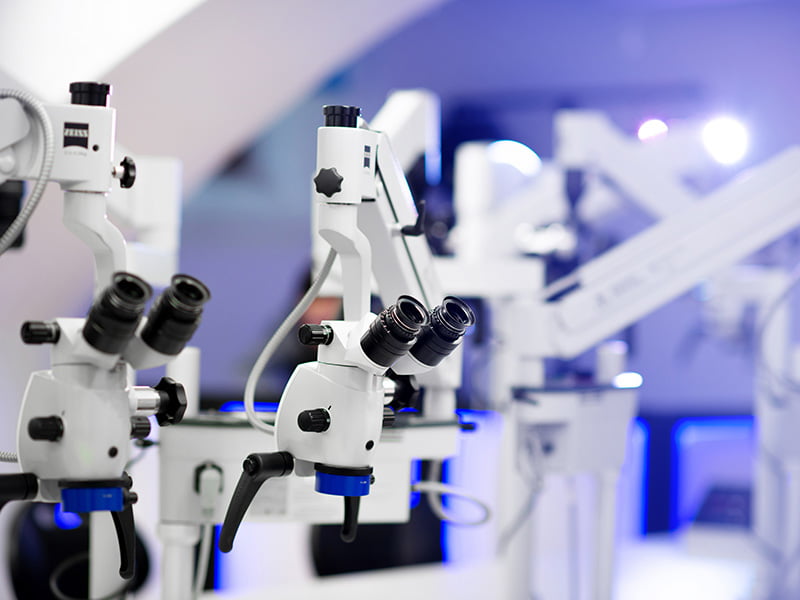Labor is open to a long-term bipartisan approach to Australia’s research commercialisation challenge, which deputy Opposition leader Richard Marles this week described as “the single most important piece of microeconomic reform” facing the nation.
The government is conducting a scoping project for university research commercialisation, with Education Minister Alan Tudge saying he wants Australia’s research “at the heart of” the COVID-19 recovery.
Announced in last year’s Budget, the $5.8 million scoping project followed growing calls from leading industry groups and universities for dedicated commercialisation funding after years of underperformance compared to OECD peers.

In an address to the Australian Technology Network of Universities Solutions Summit on Tuesday Shadow Minister for Science Mr Marles said universities needed more support to translate their work into commercial output and The Opposition was open to a bipartisan approach.
“Anything that requires action measured over decades — and this is an example of that — doesn’t have a chance unless there is bipartisanship around it. Because governments change both at a state and federal level.”
Mr Marles said there was no reason for the issue to be one of political divide because it wasn’t an ideological one and, despite the importance of translating research, it wasn’t likely to swing an election.
“So, there’s kind of the room and the freedom to get bipartisanship,” he said.
“But what we need…is really a different national conversation. One which places science and technology and the commercialisation of it far more centrally in our efforts to change our economy and to put it on a different path.”
In his opening address on Tuesday, Mr Marles told delegates from Australia’s five technical universities that the pandemic had exposed Australia’s lack of sovereign capability, but productivity problems had been growing long before COVID-19.
The deputy opposition leader pointed to the Harvard University’s index of economic complexity, an ongoing study of countries’ economic dynamics.
Described as a “index of modernity” and an indicator of future prosperity by Mr Marles, it shows Australia has fallen to 87th in global rankings, driven by a lack of diversification of exports.
“What’s concerning is when you think about where Australia is on that index,” Mr Marles said. “And we’ve really been in freefall. Right now, we rank at 87th. We’re sandwiched between Uganda and Burkina Faso.
“Our economy is much simpler, less complex than it was eight years ago.”
Mr Marles argued boosting Australia’s R&D spending and focusing on commercialising the outcomes could turn around Australia’s economic outlook for the century ahead.
“When you look at the collaboration between the private sector, and universities and public research…we rank just about at the bottom of the OECD…we need to be much better at turning that science, that fundamental science, into jobs.”
Labor has promised a $15 billion National Reconstruction Fund if elected, which the party says will rebuild Australia’s sovereign capability while creating secure jobs, driving regional development, and diversifying the economy.
Mr Marles described the fund as a “first step” in an agenda to better commercialise science.
“Trying to understand how we can do this better, is in my mind, the single most important piece of micro economic reform, which faces the nation today,” he said.
Do you know more? Contact James Riley via Email.

